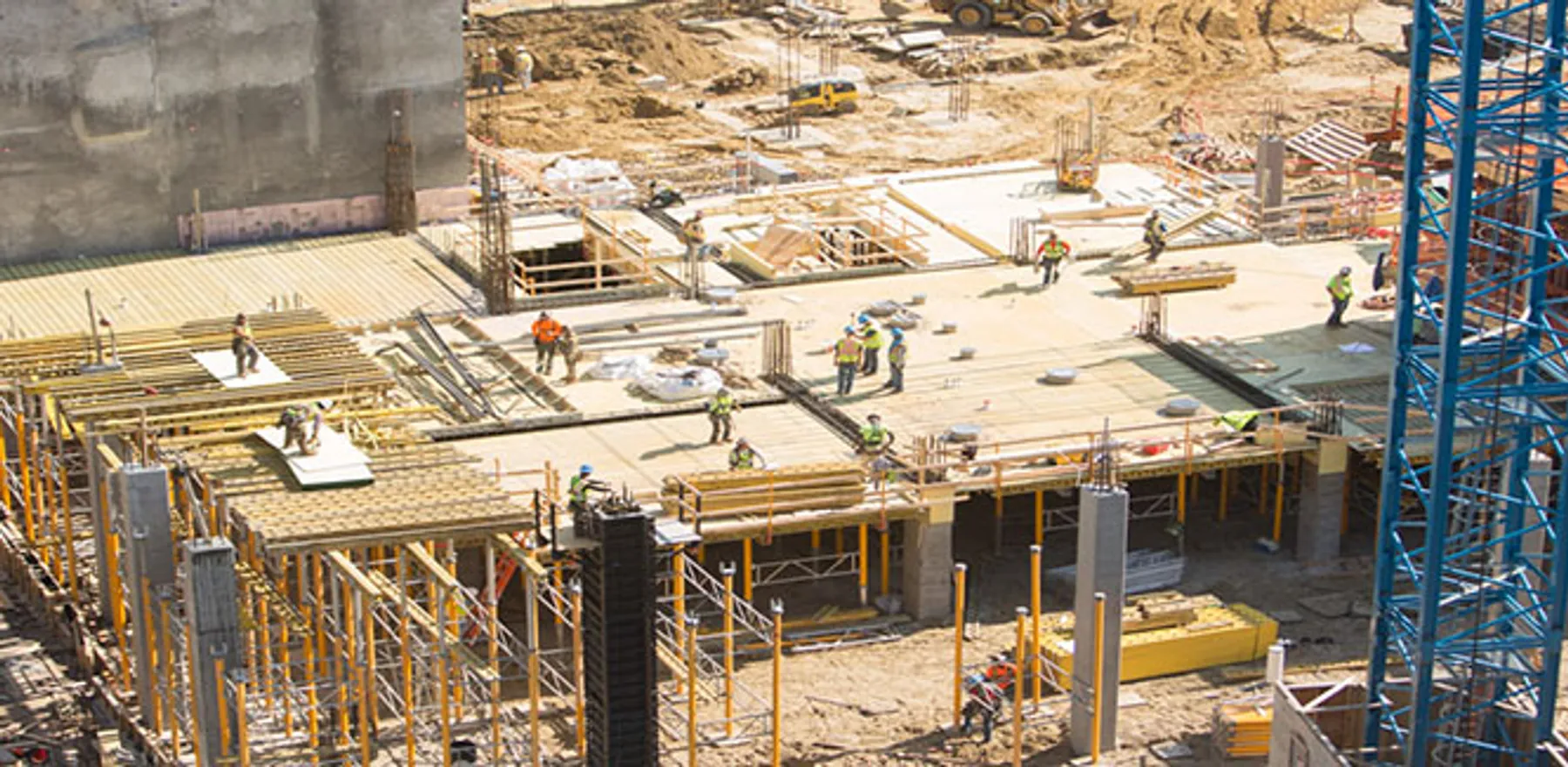Professionals in the commercial real estate industry are increasingly leveraging emerging technologies to streamline processes, enhance decision-making, and improve efficiency. Overall, technology empowers commercial real estate professionals to adapt to changing market dynamics, improve operational efficiency, and deliver innovative solutions that meet the evolving needs of tenants, investors, and communities. With the onset of AI and rise of Big Data, commercial real estate professionals need to work to adopt emerging technologies to remain competitive in an ever-evolving market.
Leveraging technology offers numerous benefits for the commercial real estate (CRE) industry, empowering professionals to enhance efficiency, make informed decisions, and deliver better experiences for stakeholder.
How Does Technology Benefit Commercial Real Estate Professionals?
Technology streamlines various processes within the CRE industry, such as property management, leasing, marketing, and transactions. Automation, digital tools, and workflow optimization reduce manual tasks, paperwork, and turnaround times, allowing professionals to accomplish more in less time. Also, data and information is more available now than it has ever been. Access to vast amounts of data and advanced analytics tools enables CRE professionals to make data-driven decisions regarding investment, development, pricing, and market strategy. Analyzing market trends, performance metrics, and tenant preferences helps mitigate risks and identify opportunities for growth and optimization.
Technology also greatly helps marketing and visibility efforts. Digital marketing strategies, such as online listing platforms, social media, and virtual property tours, expand the reach and visibility of commercial properties to a broader audience. High-quality imagery, videos, and interactive content attract attention and generate interest from potential buyers, tenants, and investors.
Overall, leveraging technology empowers CRE professionals to adapt to changing market dynamics, improve operational efficiency, and deliver innovative solutions that meet the evolving needs of tenants, investors, and communities.
What Technology is Currently Being Used to Help CRE Professionals?
- Virtual Reality (VR) and Augmented Reality (AR): Since the COVID-19 Pandemic VR and AR technologies are being used to create immersive experiences for property viewings and walkthroughs. This allows potential buyers or tenants to virtually explore properties from anywhere, saving time and resources.
- Big Data and Predictive Analytics: Big data analytics tools such as CoStar are used to analyze large volumes of data, such as market trends, demographics, and property performance metrics. Predictive analytics algorithms help professionals make data-driven decisions regarding property investments, pricing strategies, and market forecasts.
- Blockchain: Blockchain technology offers secure and transparent transactions through decentralized ledgers. In real estate, blockchain can streamline property transactions, title transfers, and property record management, reducing paperwork, fraud, and transaction costs.
- Internet of Things (IoT): IoT devices, such as sensors and smart meters, are increasingly integrated into buildings to collect and analyze data on energy consumption, occupancy patterns, and building performance. This data helps property owners and managers optimize operations, reduce costs, and enhance tenant experiences.
- Artificial Intelligence (AI): AI-powered tools and algorithms are used for various purposes in real estate, including property valuation, market analysis, customer relationship management (CRM), and chatbots for customer service and support.
- Drones: Drones are employed for aerial photography, videography, and surveying of properties and construction sites. They provide high-resolution imagery and valuable insights for site analysis, marketing materials, and property inspections.
- 3D Printing: 3D printing technology is used in construction for rapid prototyping, creating scale models, and even constructing building components. It offers cost-effective and customizable solutions for architectural design and construction processes.
- Smart Buildings and Energy Efficiency Technologies: Smart building technologies, such as automated HVAC systems, energy-efficient lighting, and building management systems (BMS), optimize energy consumption, enhance occupant comfort, and reduce operating costs for property owners and tenants.
These emerging technologies are transforming the real estate and commercial real estate industries by enhancing productivity, improving decision-making, and driving innovation across various aspects of property development, management, and transactions.
By Thomas McCoy




